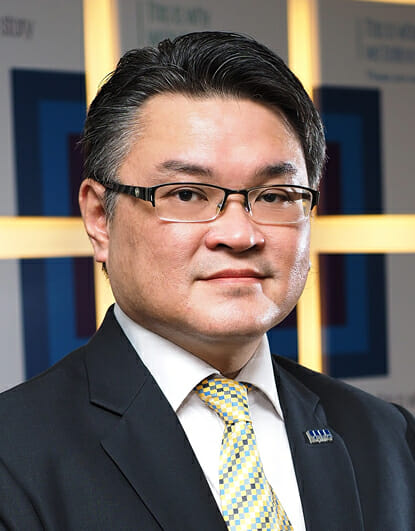A survey by KPMG Private Enterprise and the STEP Project Global Consortium found that strong entrepreneurial drive, a high level of socioemotional wealth and motivational leadership styles are key to the sustained performance of family businesses.
“Our study reveals entrepreneurial spirit alone is not sufficient to support the continuous renewal and rejuvenation that is needed to sustain family businesses. The emotional value they derive from owning and managing their firms, further strengthened by ‘fit for purpose’ leadership style are also equally important contributors, especially amidst the uncertainty from the past two years,” said Tai Lai Kok, KPMG Private Enterprise’s Family Business and Tax Leader.
The regenerative power of family businesses – Transgenerational entrepreneurship report analyzed insights from 2,439 CEOs and other leaders from top family businesses across 70 countries and territories, including 56 respondents from Malaysia. The study looked at the common factors that make up the formula for family business resilience and regeneration.
The findings arising out of Malaysia’s family businesses uncovered three contributing factors for their success, specifically:
- Entrepreneurial orientation: Continuous entrepreneurialism is a source of sustained competitive advantage in Malaysia’s family businesses because it is built on two factors that are difficult to imitate; the capabilities and resources of the family itself, and the company’s entrepreneurial heritage.
The study found that family business executives in Malaysia reported a high level of proactiveness at 62 percent, followed closely by the risk-taking trait (53 percent). There appears to be a strong opportunity-seeking mindset among Malaysia’s family businesses — continuously taking pre-emptive actions that shape the competitive environment that other companies are forced to react.
However, lagging significantly behind at 20 percent is innovativeness – the propensity to invest in the research and development of new products and services and operating practices.
- Socioemotional wealth: Maintaining family control is seen as a priority (54 percent) among Malaysia’s family businesses to help ensure the sustainability of the core business through slow and steady growth. For many respondents, socioemotional wealth is seen as an endowment – one that the family values and protect beyond financial wealth.
- Motivational leadership: A majority (59 percent) of Malaysian family businesses still engage an authoritarian leadership style, where the primary impact is seen in the strength of family bonds and their emotional attachment to the business.
But there’s a growing number of family businesses that engage in transformational leadership style (48 percent) where leaders are open to changing basic values, beliefs, and attitudes in an effort to motivate their “followers” to do more and perform beyond expectations.









